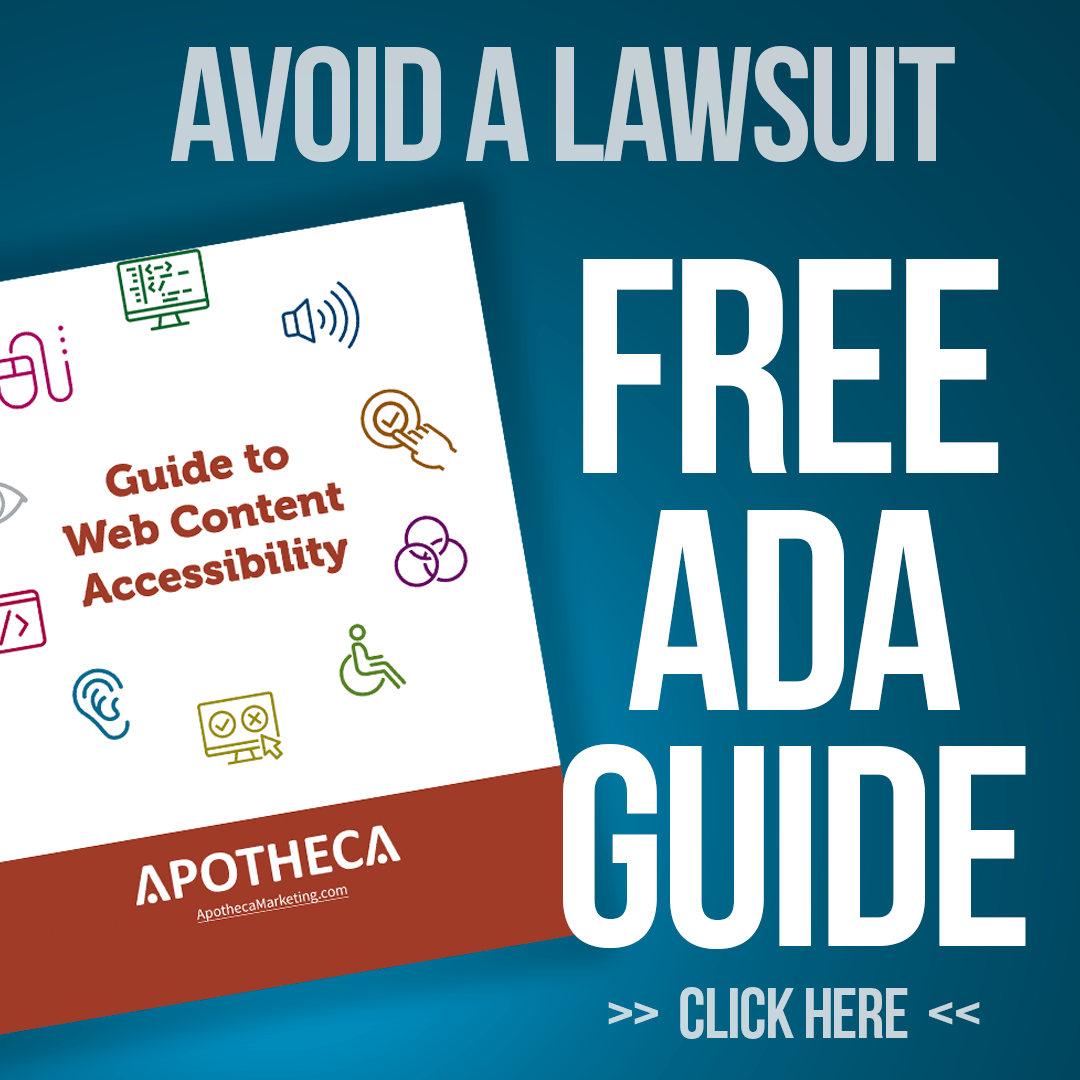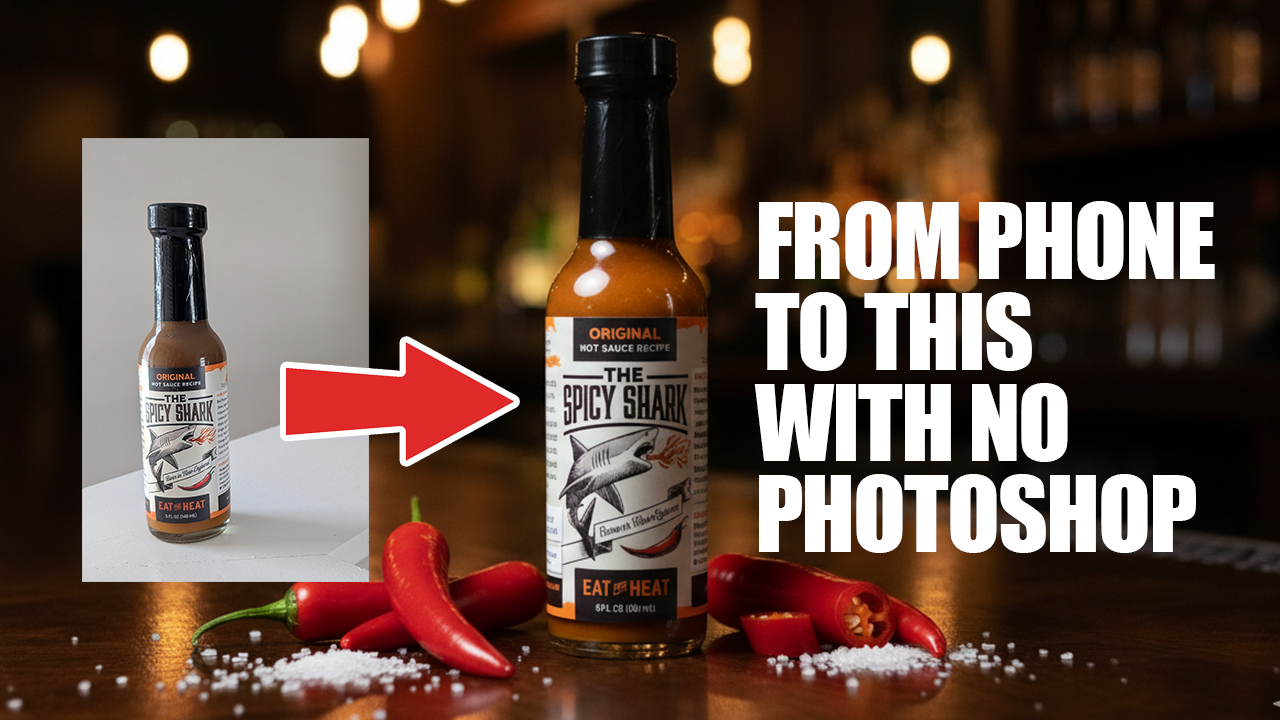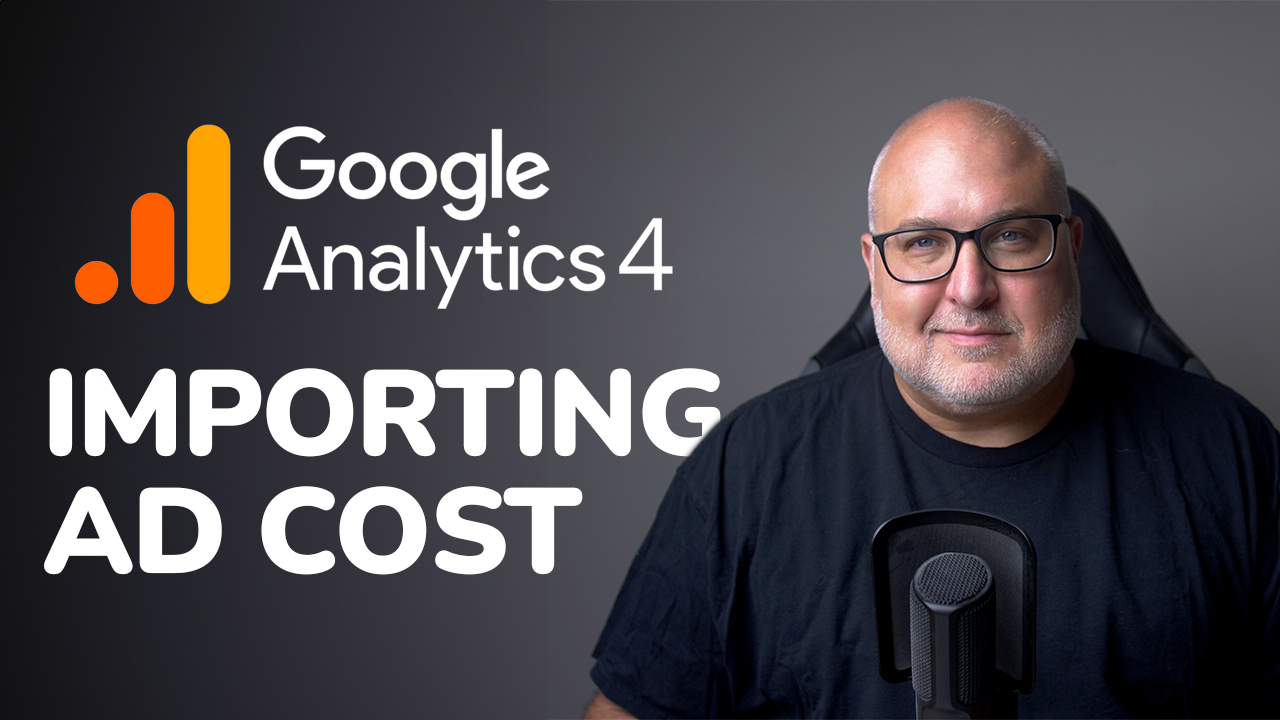Shopify Now Allows CBD & Hemp Products
Roy Bielewicz
CBD (cannabidiol) and hemp-related products are a booming industry, only recently becoming “legal” in the U.S. CBD oil has become ubiquitous at smoke shops, gift stores, markets, festivals, and some gas stations, and has found its way into everything from skin care products, to shampoo, snacks, candy, hot sauce, and beverages like tea, soda, and smoothies.
So, what is CBD and why the controversy? Cannabidiol, CBD, is a phytocannabinoid found in cannabis plants. Unlike marijuana’s infamous THC, it won’t make you high, yet is purported to have a number of medicinal benefits, such as treating anxiety, helping to mitigate seizures, arthritis and inflammation, skin irritation and eczema, etc. Many people swear by its calming effect, and it has become popular as a pet supplement since it can purportedly calm anxious cats and dogs, or help stem negative or destructive behaviour.
Forbes recently reported that a study conducted by an investment bank estimated 2018 sales of CBD products were anywhere from $600 million to $2 billion, with an estimated growth to $16 billion by 2025. Others have estimated that the U.S. CBD marketing could be worthy as much as $20 billion by 2024. Of those surveyed by the bank, 7% said that they had used CBD, and 20% said that they had tried CBD beverages.
Those rates of growth are incredible, particularly when you consider the legal gray area CBD has historically inhabited. CBD is currently legal according to the Federal government, however, CDB is still technically illegal in some states, and the FDA continues to view CBD as an illegal food additive (largely because it is still untested or approved). Because of this, many ecommerce platforms and credit card processors have refused to support sales of these products.
How are some retailers coping?
Some retailers have tried to skirt the restrictions of ecommerce platforms and traditional payment processors like PayPal, and most major credit cards, by using various alternative payment options like bitcoin, money transfer, or high-risk payment processors, many of which are typically associated with porn websites.
Historically, commerce platforms like Shopify have revoked access to their own credit card payment processing, Shopify Payments, if they have found that a retailer is selling CBD or hemp related products, and some platforms will ban certain businesses altogether.
Now Shopify Has Entered the Fray
Shopify announced that it is now possible to support CBD product sales. With some significant caveats:
Submission of Attestation
Once you’ve decided that you want to sell CBD and related products, you must review and submit Shopify’s “Attestation for the SAles of Hemp and Hemp-Derived Products”, which essentially verifies that you’re aware of the laws surrounding the sale of hemp products, that they don’t contain more than 0.3% THC (the stuff in marijuana that actually gets you high), and a number of other legal compliances. In other words, Shopify is putting the onus on the merchant to make sure they’re following local and federal laws.
You Can’t Use Shopify Payments
There are a number of business types that are allowed to have Shopify stores, but aren’t allowed to use Shopify’s proprietary Shopify Payments for credit card purchases. These include businesses like gambling, adult content or services (porn, massage parlours, dating sites, fetish gear), or regulated products like tobacco, e-cigarettes, weapons, and - unfortunately - marijuana or hemp-related products (see the full list here).
Instead, you will need to use a third party payment processor that does allow CBD transactions. However, you must apply to use these products, and they generally charge higher transaction and charge-back fees than your typical payment gateway. Currently, DigiPay and eMerchant Brokers are Shopify’s recommended CBD payment processors, however there are others on the market that may also work. The application process for CBD transactions is more involved than most third party processors, and your rates will vary depending on a number of factors.
When searching for third party gateways, just be sure that they integrate with Shopify, before committing. You can find a full list of payment providers that are integrated with Shopify here: https://www.shopify.com/payment-gateways/united-states
Not All States Are Included
State laws related to hemp and hemp-related products like CBD vary drastically, and are quickly evolving. Currently, the following states are supported for sales via Shopify: Alabama, Arizona, Arkansas, California, Colorado, Connecticut, Florida, Georgia, Illinois, Indiana, Kansas, Kentucky, Louisiana, Maine, Maryland, Massachusetts, Michigan, Missouri, Montana, Nebraska, Nevada, New Jersey, New Mexico, New York, North Carolina, North Dakota, Ohio, Oklahoma, Oregon, Pennsylvania, South Carolina, Rhode Island, Tennessee, Texas, Utah, Vermont, Virginia, Washington, West Virginia, Wisconsin, and Wyoming.
It is important to note, that laws in your state may restrict certain types of CBD or hemp-related products. Shopify recommends checking with an attorney before selling these products on Shopify. Oh, and you’ll also need to understand the laws of the states that you’re shipping to. Just because a certain product is legal or approved in your state, doesn’t mean it will be in another location.
Shipping Carriers May Vary
Some shipping carriers may also restrict certain hemp-related products, so you’ll need to be sure to check with your carriers about their rules. However, once you’ve verified that you can ship with a specific carrier, you can still purchase your shipping through Shopify Shipping.
In March 2019, the USPS clarified that it is legal to ship hemp and hemp-based products:
“Hemp and hemp-based products, including cannabidiol (CBD) with the tetrahydrocannabinol (THC) concentration of such hemp (or its derivatives) not exceeding a 0.3 percent limit are permitted to be mailed only when:
- The mailer complies with all applicable federal, state, and local laws (such as the Agricultural Act of 2014 and the Agricultural Improvement Act of 2018) pertaining to hemp production, processing, distribution, and sales; and
- The mailer retains records establishing compliance with such laws, including laboratory test results, licenses, or compliance reports, for no less than 2 years after the date of mailing.”
Using Shopify’s POS
Using Shopify’s POS app and tools is super handy if you regularly do shows, booths, or have a physical location for your store. However, just like with your online store, you won’t be able to use Shopify Payment when selling in person. This means that if you’re using the POS, you’ll also need to use an external credit card terminal from your payment gateway provider.
So Is CBD Ecommerce For You?
Many entrepreneurs are excited to enter the hemp and hemp-based product market and ride the potential wave of growth. However, even though Shopify and some other ecommerce platforms are now explicitly allowing CBD sales, these businesses have their risks.
If you’re interested in launching a CBD site, be sure to speak with an attorney. Once you do, contact Apotheca, and we can help with the site setup, marketing plan and execution, and ongoing promotion. Contact us today to learn more!
Contact Us





